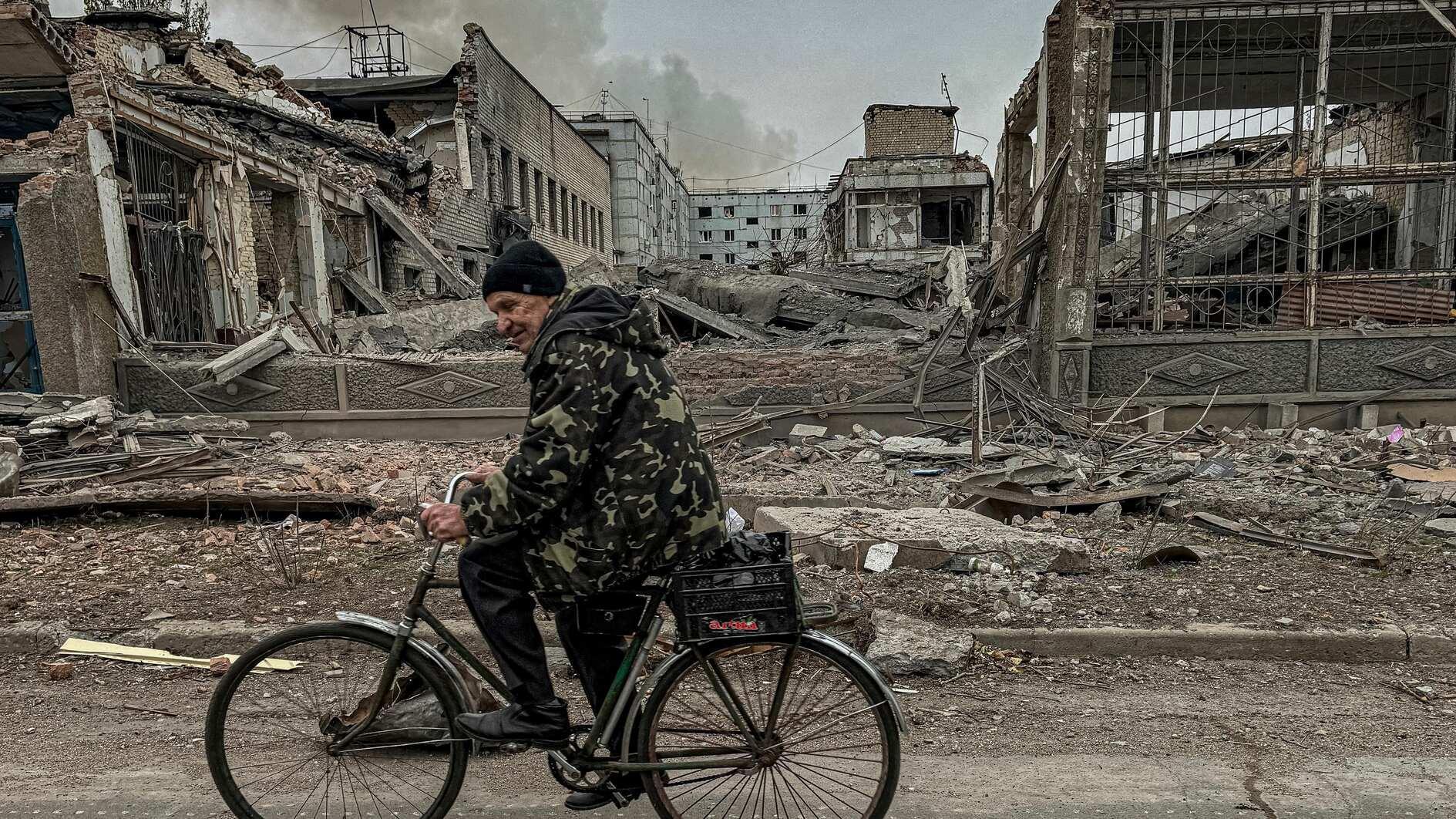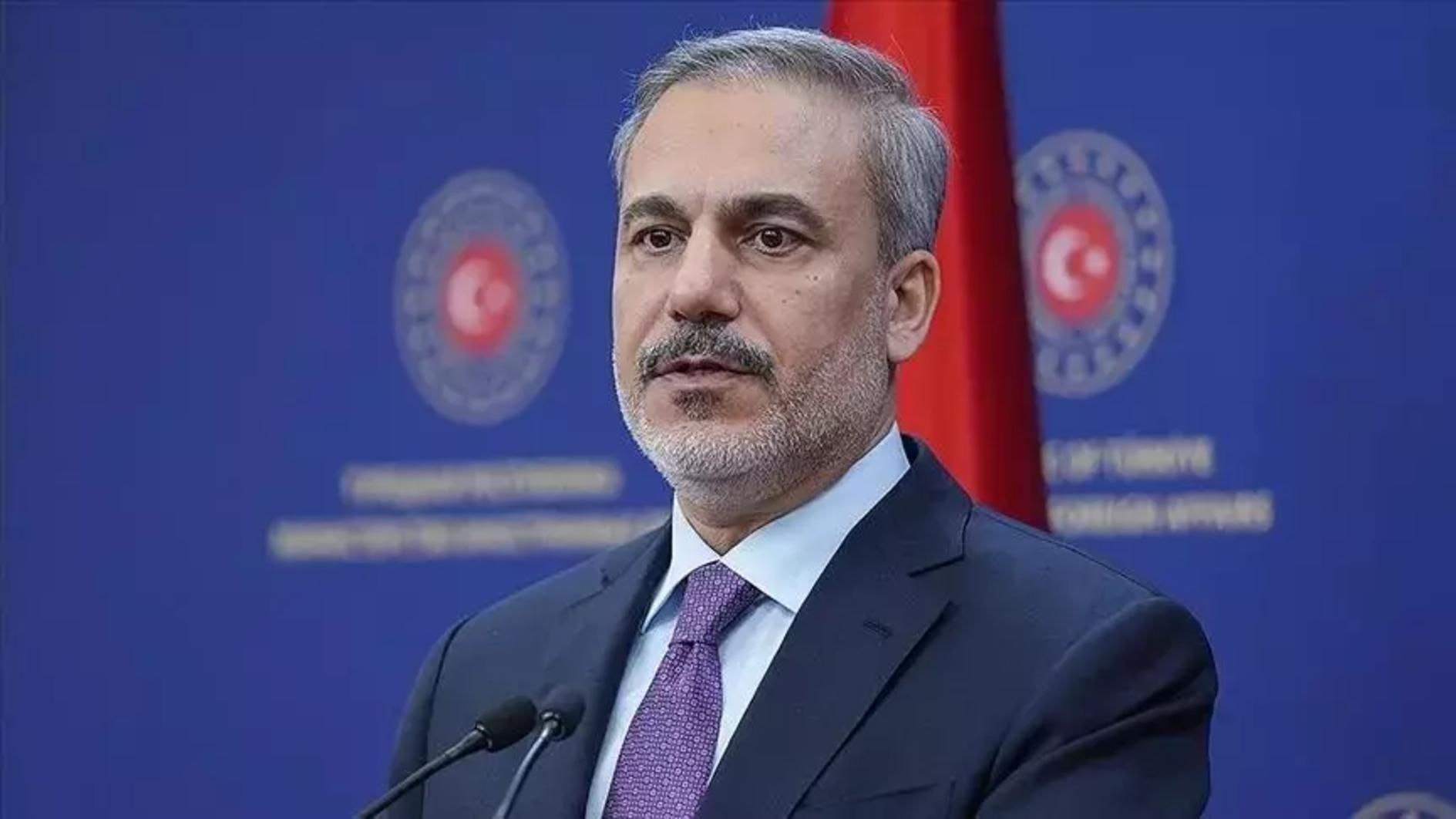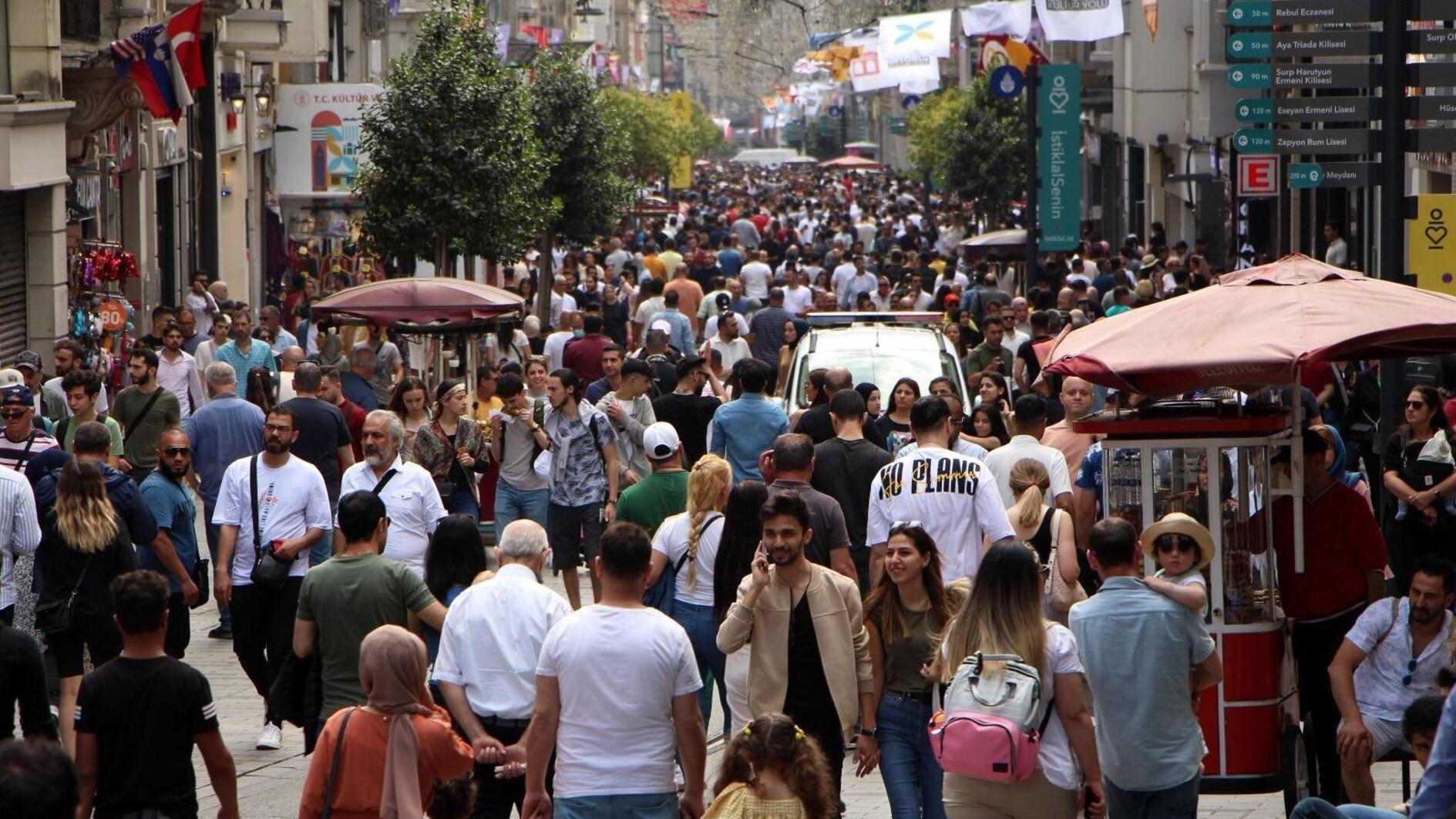The path to peace is never easy
No one in their right mind would object to the government’s efforts to bring a negotiated settlement to the Kurdistan Workers’ Party’s (PKK) campaign of separatist terrorism, which has resulted over the past quarter of a century in the deaths of tens of thousands of people. Meanwhile all attempts at a military solution to the problem by successive Turkish governments have failed, and there is little indication that the situation will be different in the future.
This is most probably why Prime Minister Recep Tayyip Erdoğan’s government felt compelled to give the political track another chance and initiate a new process with the head of the PKK, Abdullah Öcalan, who is serving a life sentence in a prison on the island of İmralı.
Erdoğan, clearly wary of Turkish public opinion, is adamant that the contacts between Hakan Fidan, the head of Turkey’s intelligence organization, MİT, and Öcalan, do not amount to negotiations.
Many, however, believe that that is exactly what is going on. At any rate, to be meaningful, this has by its very nature to be a negotiation process. According to unsubstantiated press reports, a step-by-step process under which the sides will first desist from further violence is being negotiated; the PKK will take its militants out of Turkey, and, finally the group will give up arms.
Clearly the PKK will not do this unless it sees it has gained something politically. That is a hard one to swallow for nationalist Turks and the countless Turkish families that have lost loved ones to PKK terrorism. Having lived in the Republic of Ireland during the worst decade of violence in Northern Ireland, I am aware that this would be a sensitive issue in any county.
The Good Friday Agreement arrived at for Northern Ireland by the newly elected British prime minister, Tony Blair, in 1998, however, was the result of both sides swallowing some bitter pills. This is the stage Turkey is at now.
The talks with the PKK have therefore to cover certain topics that were previously considered taboo by many Turks, except, of course, the notion of a political division of Turkey into separate sovereign entities, which in any of many cases would involve a war.
This is why it is wrong for Erdoğan to come out and say categorically, for example, that an amnesty for PKK militants, or ending the solitary confinement of Öcalan by putting him under house arrest, is out of the question. Put bluntly, we are at the “never say never” stage if this process is to succeed.
Neither is there any reason for Erdoğan to maintain such a timid stance. He and his party got a solid mandate from the electorate in the June 2011 general elections, which should enable him to take the bold steps to settle this problem.
It must be recalled that Erdoğan won those elections despite his government’s first botched attempt in 2009 at a settlement to the PKK problem under the so-called “Kurdish opening.” One lesson from that attempt was that discretion is paramount if such efforts are to bear results.
What we see today is a kind of political circus with many outside hands trying to influence the course of events, while the media posts any and every rumor that surfaces about this process without knowing the full facts. Meanwhile the opposition is trying to score points against the ruling Justice and Development Party (AKP) out of all this.
As for the pro-Kurdish Peace and Democracy Party (BDP), which many Turks consider to be the political wing of the PKK, it has yet to prove it has the capacity to rise to the historic occasion for peace that has arisen.
These are factors that dampen one’s optimism about these talks. But anyone who desires peace in this country has no option but to hope that it will work this time. It should be clear to all at this stage that Turkey will ultimately be held back in every way until this problem is resolved by political and democratic means. The path to peace, after all, is never an easy one.











